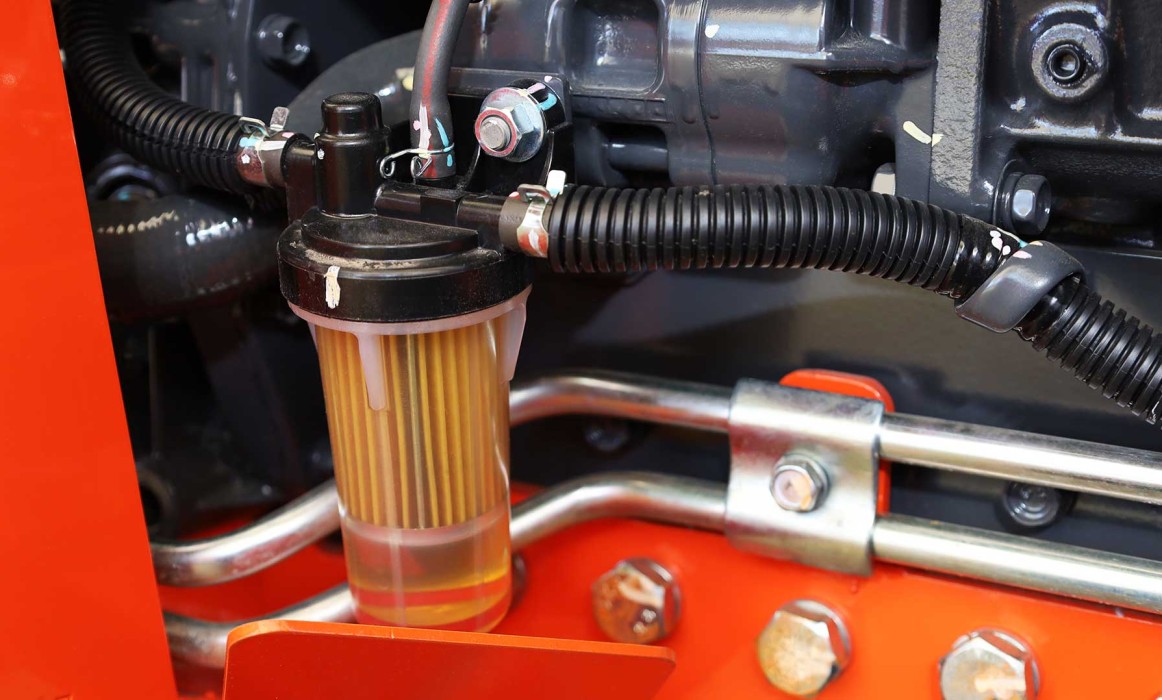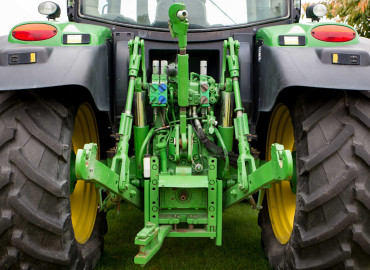Ensuring efficiency and effectiveness in the agricultural sector relies heavily on the proper functioning of tractors. The engines of tractors are the heart of their performance, and the role of oil filters in maintaining these engines is significant. Tractor oil filters keep the oil within the engine clean and protect the parts from wear and tear.
Primary Functions of Oil Filters
Tractor oil filters keep the engine clean by filtering out foreign substances like dirt, sediment, and metal particles from the engine oil. This process prevents the internal components of the engine from wearing out and getting damaged.
The main functions of tractor oil filters are as follows:
- Prevent Contamination: Oil filters trap contaminants in the oil, keeping the engine clean.
- Reduce Wear: Clean oil prevents metal parts of the engine from rubbing against each other and wearing out.
- Enhance Engine Performance: Filtered oil allows the engine to run more efficiently and improve performance.
- Extend Oil Life: Clean oil can be used for longer periods, reducing the need for frequent oil changes.
Choosing the Right Oil Filter
Choosing the right oil filter for your tractor is crucial for the health and performance of the engine. Incorrect filter selection can lead to engine damage and serious malfunctions.
Key Considerations for Choosing the Right Oil Filter
- Tractor Model and Engine Type: Select the oil filter suitable for your tractor’s model and engine type. Refer to the manufacturer’s manual for recommended filters.
- Filter Material: The quality of the filter material directly affects filtration efficiency. Filters made from high-quality materials are more durable and provide better performance.
- Original Parts: Whenever possible, use original oil filters. Original filters provide the best compatibility with your tractor’s engine and come with a manufacturer’s warranty.
- Aftermarket Products: Aftermarket oil filters can also be an option. However, it is important to choose reliable brands and use quality products.
Maintenance and Replacement of Oil Filters
Regular maintenance and timely replacement of tractor oil filters ensure the long-term and efficient operation of the engine. Neglecting filter maintenance can lead to decreased engine performance and increased malfunctions.
- Change Intervals: Follow the oil filter change intervals specified in your tractor’s manual. Generally, it is recommended to change the oil filter every 200-300 operating hours.
- Oil Change Along with Filter Change: The best practice is to replace the oil filter during an engine oil change. This ensures optimal performance of both components.
- Regular Inspection: Regularly check the oil filter. If the filter is clogged or damaged, replace it immediately.
- Professional Service: Having the oil filter changed by an authorized service ensures a correct and safe procedure.
Impact of Oil Filters on Engine Performance
The impact of oil filters on engine performance should not be overlooked. Clean oil helps the engine run more efficiently and optimizes fuel consumption.
- Ensures Efficient Operation: Clean oil enables the engine to operate efficiently and boosts performance.
- Provides Fuel Savings: A well-functioning engine uses fuel more efficiently and reduces fuel consumption.
- Minimizes Wear: Clean oil prevents the internal components of the engine from wearing out, ensuring a longer lifespan.
- Reduces Maintenance Costs: Regular oil filter changes prevent major malfunctions and reduce maintenance costs.
Tractor oil filters have a direct impact on the performance and longevity of the engine. Selecting the right oil filter, maintaining it regularly, and replacing it on time ensures that your tractor operates efficiently and reduces operating costs.
It's important not to overlook the effects of oil filters on engine performance and to consider their environmental impact by applying proper disposal methods. This is also crucial for sustainable agricultural practices. By following these recommendations, you can protect your tractor's engine and continue your agricultural activities more efficiently.
 en
en  tr
tr 






























